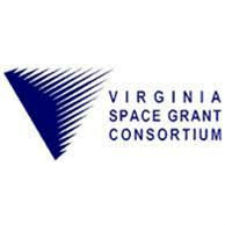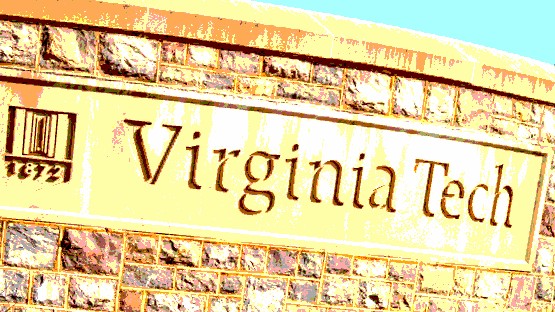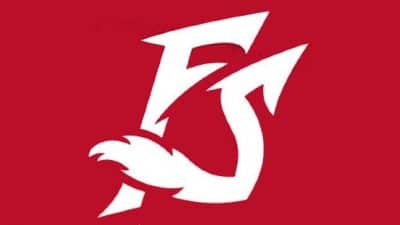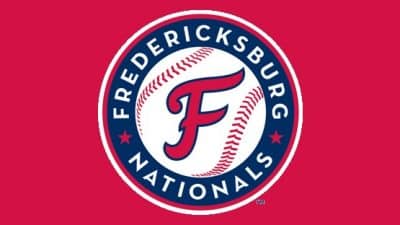
In partnership with the Virginia Space Grant Consortium, NASA Langley Research Center in Hampton, Va. and NASA Goddard Space Flight Center’s Wallops Flight Facility on Virginia’s Eastern Shore are offering ten-week, paid summer research experiences for STEM (science, technology, engineering and math) majors as part of the Consortium’s STEM Takes Flight at Virginia’s Community Colleges NASA Research Experience program.
Students work under the guidance of NASA mentors to undertake hands-on science, technology and engineering projects. Some of the opportunities for summer 2016 include being part of teams working on a small satellite docking test facility, developing mechanical systems for small satellite hardware for science applications, performing environmental testing of small satellites, or developing and demonstrating robotic controllers for radio control vehicles. Individual research opportunities include environmental field work dealing with topics such as water quality, estuarine health and precipitation monitoring, as well as developing mechanical systems for Small Satellite science applications, and calibration and testing of low-cost autopilots.
The program provides students with real-world, hands-on learning experiences while exposing them to the wide range of career options at NASA and in STEM fields. Students participating in summer 2015, the program’s inaugural year, overwhelmingly described their experiences as life changing, providing new skills and knowledge, and clarifying career goals. Students receive a $5000 stipend. Nonlocal students get help with finding safe and affordable housing.
Jeremy Dawson, a summer 2015 participant at NASA Langley from Tidewater Community College, notes , “I enjoyed working with NASA because it gave me exposure to working on projects that are cutting edge and I would not be able to do these kinds of things anywhere else.“
Program Manager Debbie Murray encourages all students who meet the qualifications to apply. “You don’t have to be a rocket scientist to participate,” she says. “The program requires a 2.5 minimum GPA, seeks students from across the STEM disciplines, and students are mentored for success. This is the opportunity of a lifetime to experience the excitement of NASA by working with NASA engineers, technologists and scientists while honing your skills.”










